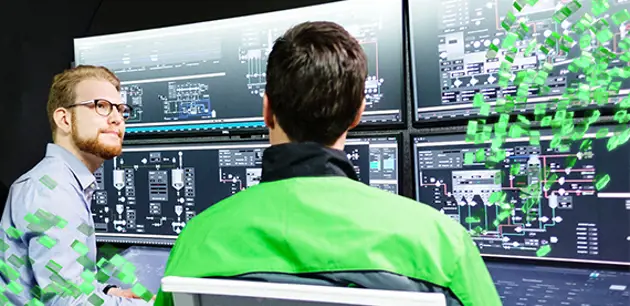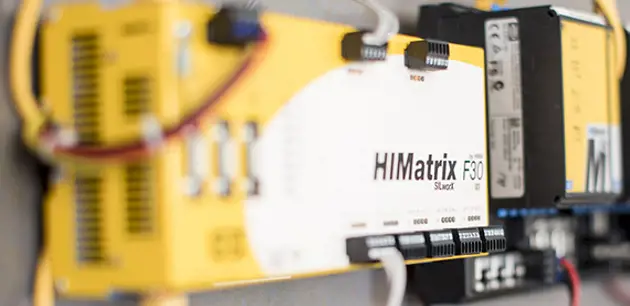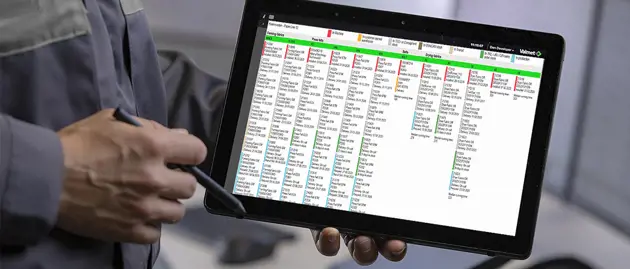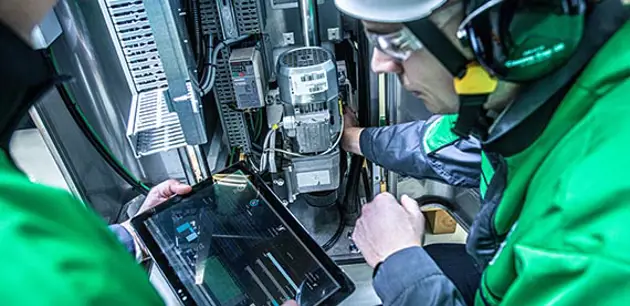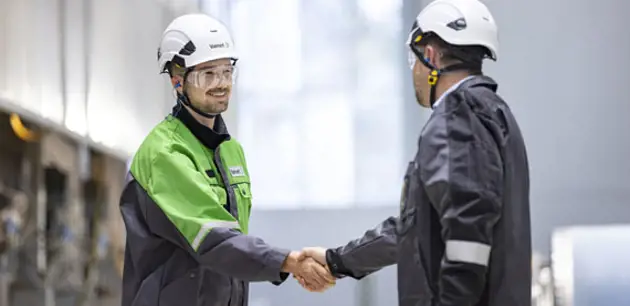Automation for Biofuels and Biomaterials
Moving forward with sustainable feedstock

The goal to be sustainable and ensure minimizing costs starts at running an efficient plant. Using sustainable feedstocks to create biofuels and biomaterials requires precise monitoring and control to ensure the highest yields. Our automation systems are tailored to do just that.
Sustainable
Full-control
Efficient
Staying ahead of feedstock availability
The availability of feedstock for the biofuels and biomaterial industry has been challenging since day 1. Optimal use of the materials at hand is therefore of utmost importance.
With our full-control automation system, we make sure that you can optimize your process and reduce wasted time and feedstock in the meantime. This leads to a greater yield with the same amount of feedstock and in the long-term helps counter the scarceness of some feedstocks.
We also offer PlantTriage, an award-winning control loop and field equipment diagnostics system. With PlantTriage, you get to identify hidden control system issues and their root causes, so you stay on top of any problems before they cause you down-time.


Support scalability and advancement
Within the industry, we are aware that scalability and technological advancements are vital to the success of plants. Developing efficient and scalable conversion technologies is crucial for the biofuel and biomaterials industry. Advancements are needed to improve conversion efficiencies, optimize yields, and reduce energy requirements in the production processes.
Our automation systems are designed with these issues in mind, to further your capabilities and support the scalability and advancement of your plants.
Reduce your impact to the environment
While biofuels and biomaterials offer the potential for reduced greenhouse gas emissions compared to fossil fuels, there are also environmental concerns associated with their production. These include potential land-use changes, water usage, fertilizer and pesticide inputs, and impacts on biodiversity.
With a proper automation system, you will be able to ensure sustainable production practices, lengthen the lifecycle of your plant and reduce the carbon emissions your plant exerts.

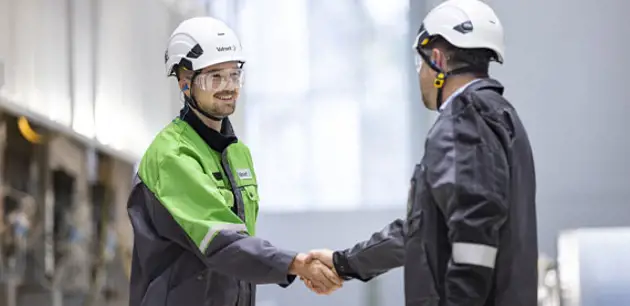
Do you want to know more?
Our experts are here for you and ready to discuss your challenges. Just answer a few questions and we will contact you shortly.
Contact UsAutomation Solutions and Services
